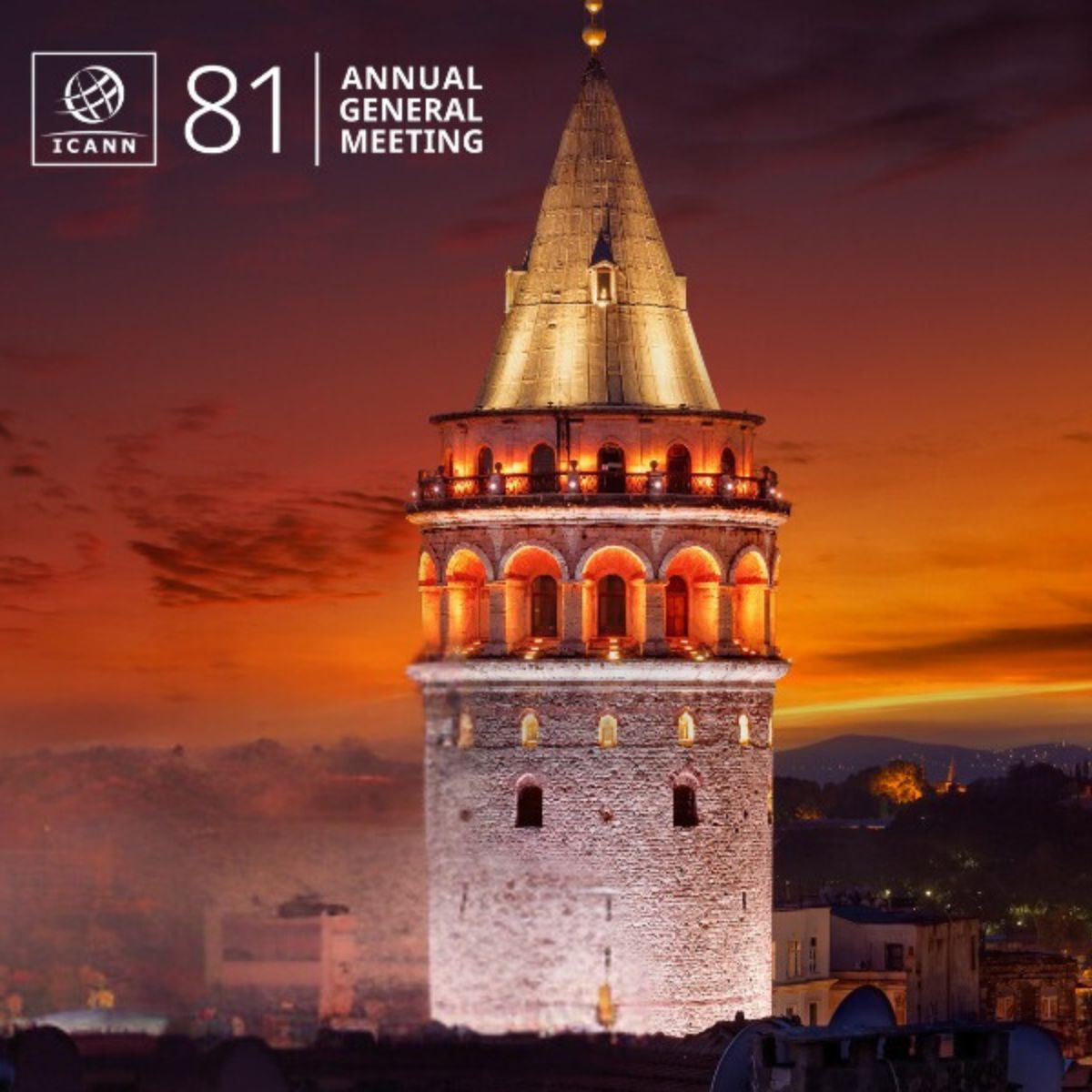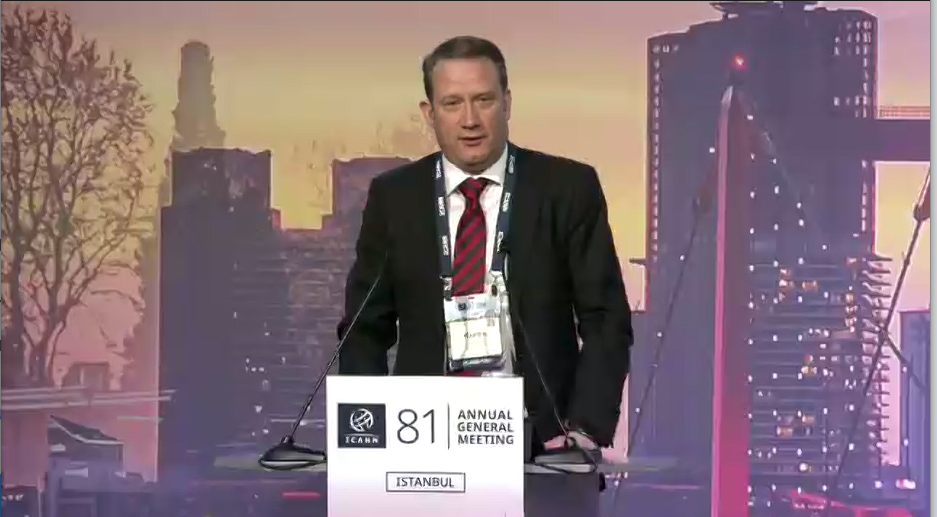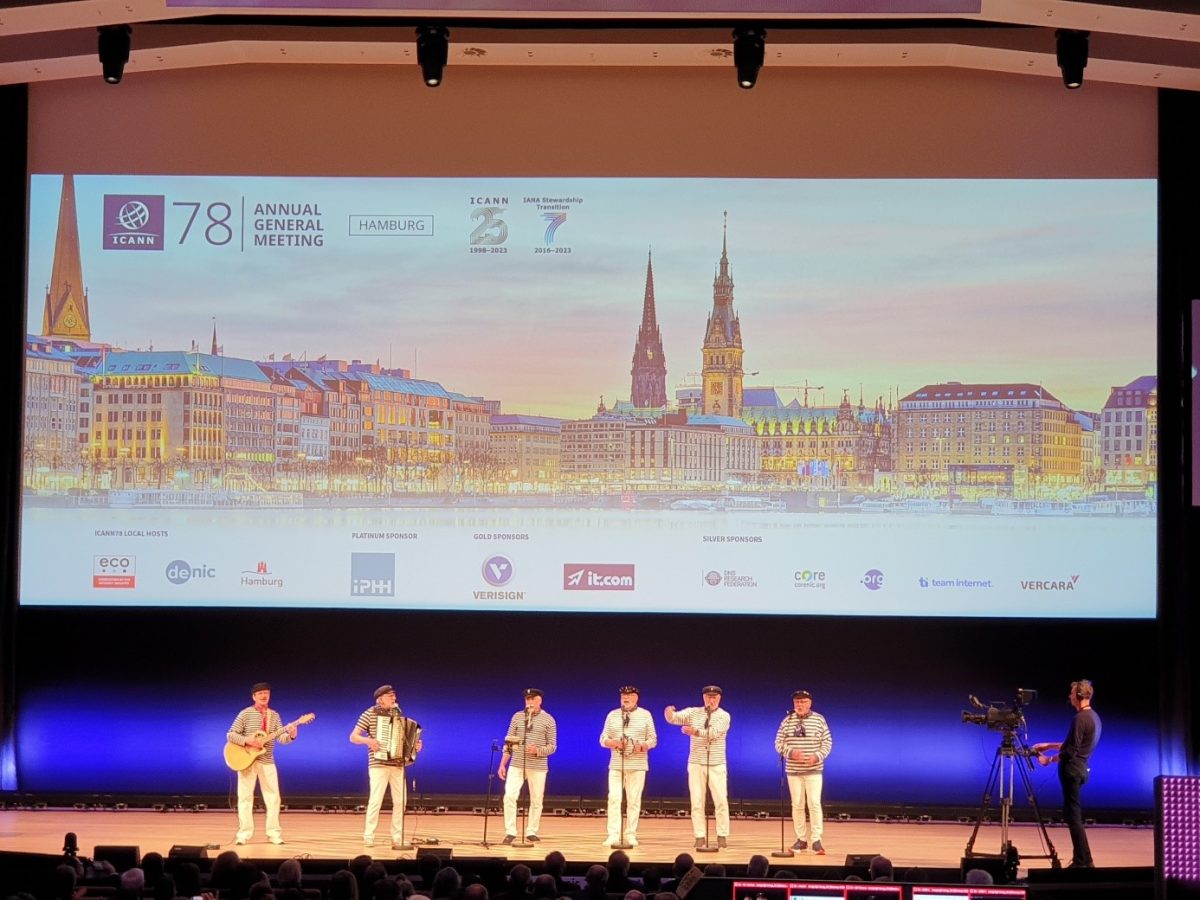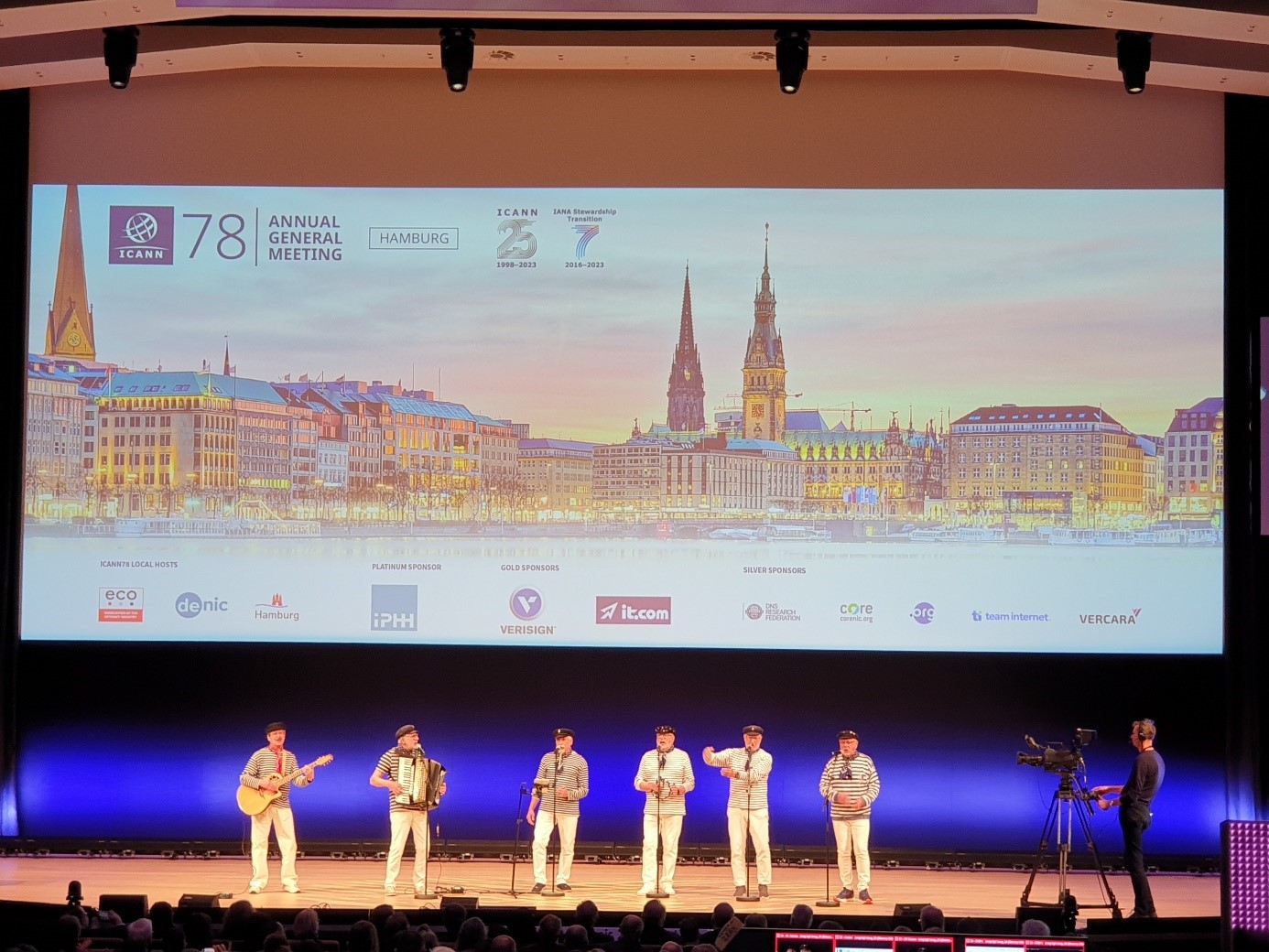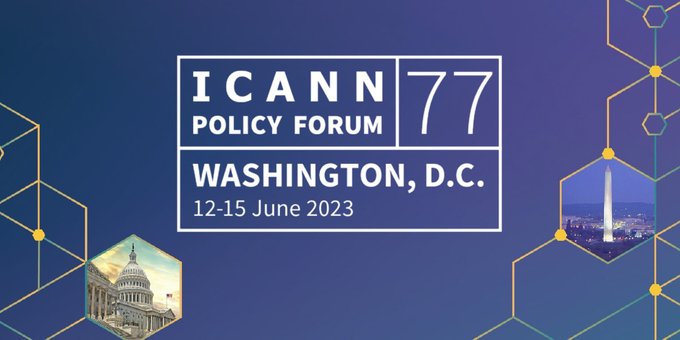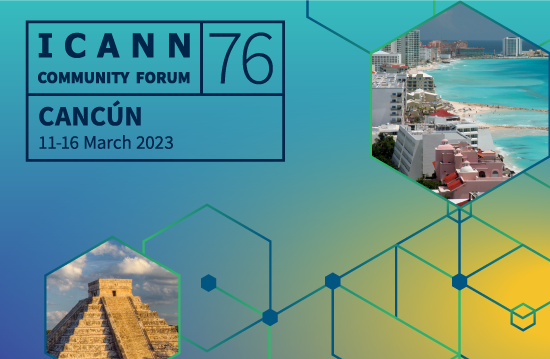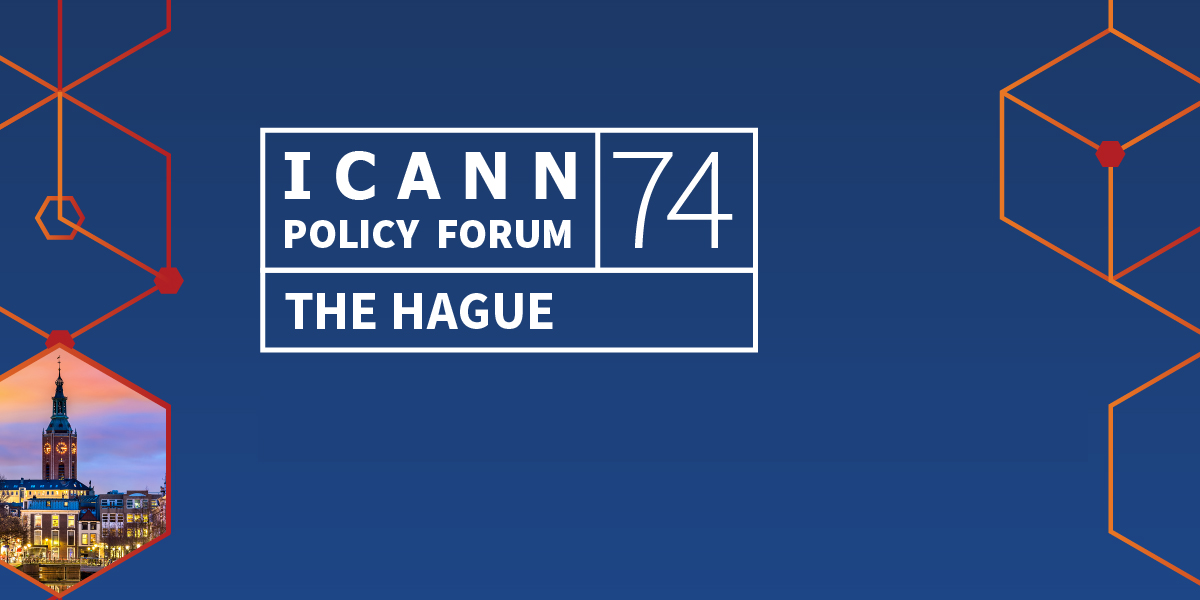
The 2025 season of ICANN meetings on Internet governance kicked off in March in the Emerald City of Seattle in the United States of America. 2025, a year of ‘exceptional times’, as Tripti Sinha, the Chair of the Board of Directors, described it. At a time when the world is being turned upside down by geopolitical and technological developments such as AI and quantum computing, ICANN wants above all to look at ‘what can be controlled’ and at opportunities, with the preparation of the next series of new generic extensions and the fresh look of its President Kurt Erik ‘Kurtis’ Lindqvist, who took up his position 91 days before ICANN82.
The right time for an examination of conscience
On the occasion of his first summit as current ICANN President, Kurt Erik Lindqvist said he had been well received by the community. He hopes that the identification of problems will be anticipated in order to make ICANN’s processes more fluid and the organisation’s approach to become more agile. For the next series of new generic extensions, which is a crucial issue for the organisation, he stated that everything necessary is being done ‘to keep to the timetable’.
On the subject of financial sustainability, another central issue, Tripti Sinha recalled that ICANN was completing its 2026-2030 strategic plan to anticipate future needs. A plan that should promote a multi-stakeholder and inclusive approach, continue the culture of continuous improvement, focus attention with stakeholders on emerging technologies and strengthen the security and stability of the Internet. On a more serious note, she pointed out that we are in a world that has become ‘unpredictable’. She said that in ‘extraordinary times’, ‘the human spirit seeks stability, security and unity that are embodied in ICANN’s mission statements’ and that ‘ICANN must remain a reliable and stable institution.’
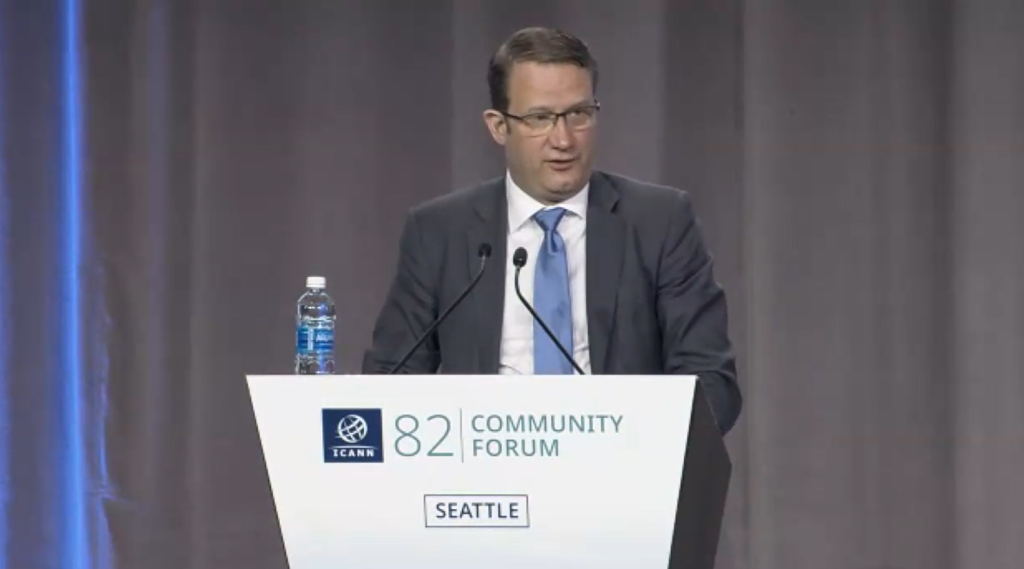
The opening ceremony was followed by a session led by Sally Costerton, who is now the President’s advisor on community engagement. She led a session on community feedback on the operation of the annual meetings organised by ICANN. While 1,828 people were registered for ICANN82 when it was launched, participants learned that the costs of the summits have increased by 31% between 2018 and 2024, currently representing a budget of USD 2.3 million per meeting. Various options were discussed, such as charging for attendance at summits or, more likely, reducing the number of face-to-face meetings or their duration.
The next series of new generic extensions is becoming clearer and clearer
While up until now we have heard talk of April 2026 as the opening date for submitting applications for new top level domains, the date of 25 April is now considered to be D Day. The cost of the next round is also known, with the application fee set at USD 227,000, as announced in former articles. This amount is based on a projection of 1,000 applications, which would enable a financial break-even point to be reached. The applicant support programme, which aims to support less favoured geographical areas, is also on track and is already accepting applications. At ICANN82 we learned that 13 applications had been initiated in the programme. On the other hand, the implementation of all the recommendations of the Subpro policy development process is still in progress. The current focus of work in progress includes the formulation of the new Registry agreement to be signed by future registry operators and the long awaited Applicant Guidebook.
Thirteen years after the previous series of new generic extensions, a session was also devoted to the ICANN Grant programme. The aim of this programme is to redistribute, through financial support, part of the reserve fund resulting from the auctions linked to multiple applications at the previous round. The auctions generated a reserve fund of 240 million dollars. For the 2024 cycle, an endowment of $10 million was earmarked for projects that had to meet a number of criteria. The programme was a victim of its own success, with 247 applications received from 64 countries for a total funding that would have amounted to 83 million US dollars.
ICANN policies under the shadow of cyber security legislations and new technologies
While the EU Member States are in the process of transposing the NIS2 cyber security directive into their national legislation, and in the United States the final arbitrations are underway for the latest version of the CIRCIA (Cyber Incident Reporting for Critical Infrastructure Act), a number of related issues continue to be discussed at ICANN. One of these is access to domain name registration data for legitimate purposes. At the instigation of the GAC (Governmental Advisory Committee), which represents governments, ways of authenticating law enforcement requestors are being considered to enable them to be specifically identified so that they can be prioritised when requests for access to data are made. This future mechanism is intended above all to respond to specific cases of imminent threats linked to the exploitation of children, attacks on the integrity of individuals or critical infrastructures.
On the subject of malicious use of the DNS, almost a year after the implementation of binding measures for registry operators and registrars, ICANN’s compliance department has stated that 46 investigations are currently underway into abuse of the DNS, with mitigation measures affecting more than 5,400 domain names.
Another trend observed: the median time taken to fully remediate an abuse report is 7.5 days in the case of phishing and malware. This has fallen since the ICANN measures were introduced. Another shadow hanging over ICANN82 was the change of administration in the United States. Although it has had no impact on ICANN so far, the unpredictability of the new administration has raised a lot of questions among participants.
AI was also discussed in a specific session. As it was exposed AI technology, like Doctor Jekyll and Mr Hyde, can bring benefits when used as a resource, for example to mitigate abuse, but can also be used for malicious purposes by perpetrating increasingly sophisticated abuses. The subject of a governance framework was raised. This is a subject on which the Internet Governance Forum and the WSIS+20 global forum organised by the International Telecommunication Union and the United Nations should be working.
In conclusion, ICANN82 was marked by the curiosity aroused by the arrival on the scene of its new CEO, whose public forum at the end of the summit showed that everything he said was scrutinised and analysed. ICANN82 was a summit that did not shy away from the highly unstable technological, legislative and geopolitical context in which we find ourselves. In the face of this instability, we can offer solutions that provide security, reliability and stability. Just as we tend to say that real estate is a solid investment, the acquisition of a brand extension, a dot brand, with a view to the next round next year is also a solid investment. It allows you to become the owner of a piece of the Internet, a naming space protected from attacks, where addresses can be created that are deemed reliable, so that your targets can find you and that you can address them in complete confidence over the long term. These are times that also call for consideration of the notions of sovereignty and proximity. In this respect, Nameshield has been an independent European player for over 30 years, and the management of .brand projects is one of our areas of expertise.
Image source : Veronika Andrews via Pixabay

